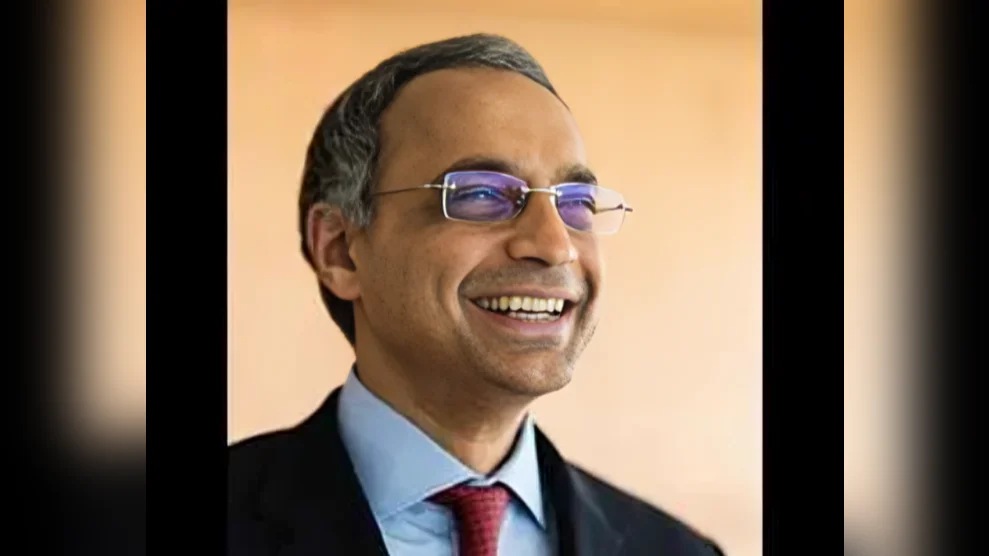Job listings in the United States increased significantly in 2021, and unemployment rates remained low. This led many policymakers and academics to believe that the labor market was strong.
However, new research challenges this view. A working paper by Hassan Afrouzi of Columbia University, Andrés Blanco of the Federal Reserve Bank of Atlanta, Andrés Drenik of the University of Texas, and Erik Hurst of the University of Chicago’s Booth School of Business argues that inflation played a key role in shaping perceptions about the labor market during this period.
The researchers found that when adjusting for inflation—which began rising sharply in 2021 as a result of COVID-19—wages were actually lower than what pre-pandemic trends would have predicted. Inflation made it appear as though the job market was tight because workers sought new jobs to keep up with increasing prices.
Recognizing how inflation affects wage value could influence policy decisions. If central bankers at the Federal Reserve see that real wages are declining, they might consider lowering interest rates. “If the Fed thinks a hot labor market might make inflation even worse, it might not cut interest rates as quickly,” Hurst said.
Despite high numbers of job openings compared to job seekers—a record high in March 2022—and apparent wage increases, prices rose more than 14% between April 2021 and May 2023. This is much higher than the average annual inflation rate since 2000, which has been closer to 2%. After factoring in these price increases, wages were about 4% below expected levels based on trends before 2020.
The team used survey data from the Bureau of Labor Statistics and U.S. Census Bureau along with payroll information from ADP. They developed an economic model that incorporated “sticky” wages—meaning wages do not immediately rise with inflation—and considered costs workers face when seeking raises or changing jobs.
Few modern models account for sticky wages because it is less relevant when inflation is low. But their model showed that unexpected increases in inflation produced effects similar to those seen after 2021: higher prices reduced real wage values, prompting some workers to renegotiate contracts or switch jobs more frequently.
Because wages did not keep pace with inflation, companies found labor cheaper and posted more job openings. Most vacancies were filled by people switching jobs rather than new entrants into employment, so unemployment rates stayed steady. As Hurst described it: “it’s like a game of musical chairs.”
To check their findings, researchers examined historical data and saw similar patterns during other periods of high inflation between 1950 and 2019—including Argentina’s experience in the early 2000s.
The main consequence was a decline in worker welfare across all income levels during COVID-19’s economic impact. According to Afrouzi, Blanco, Drenik and Hurst: when adjusted for inflation, welfare losses equaled about three-quarters of monthly real income for workers at the bottom tenth percentile and exceeded monthly income for those at the top tenth percentile. On average, typical workers lost roughly one month’s salary due to these effects.
“Imagine you just take one-twelfth of your yearly salary and throw it away—you could see why workers were upset,” said Hurst.
On another note, lower real wage costs meant companies laid off fewer employees and achieved record profits during this period.
Hurst advises policymakers not to assume that high vacancy-to-unemployment ratios always signal a strong labor market during times of rising prices; instead they should use multiple measures since inflation can distort appearances.

